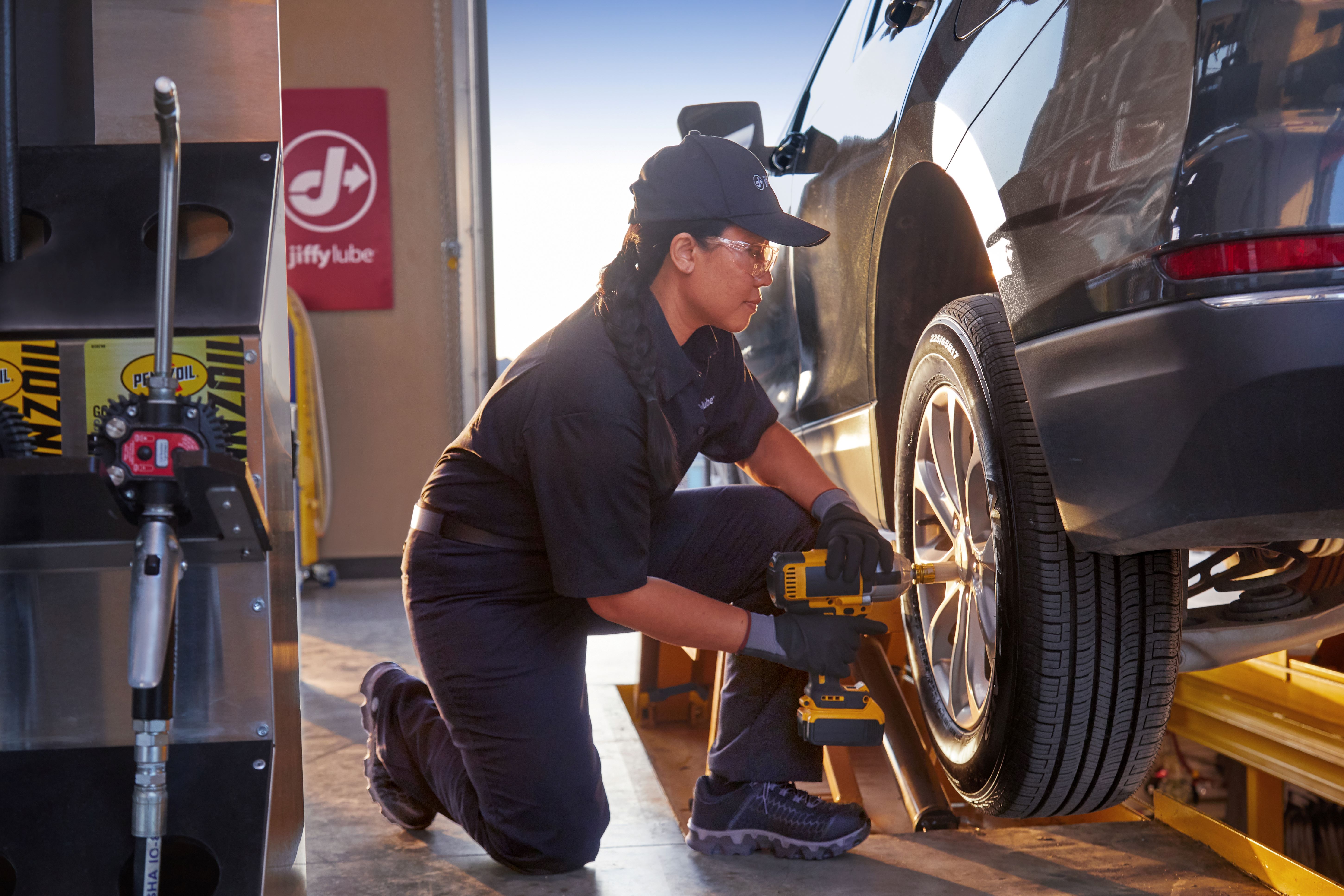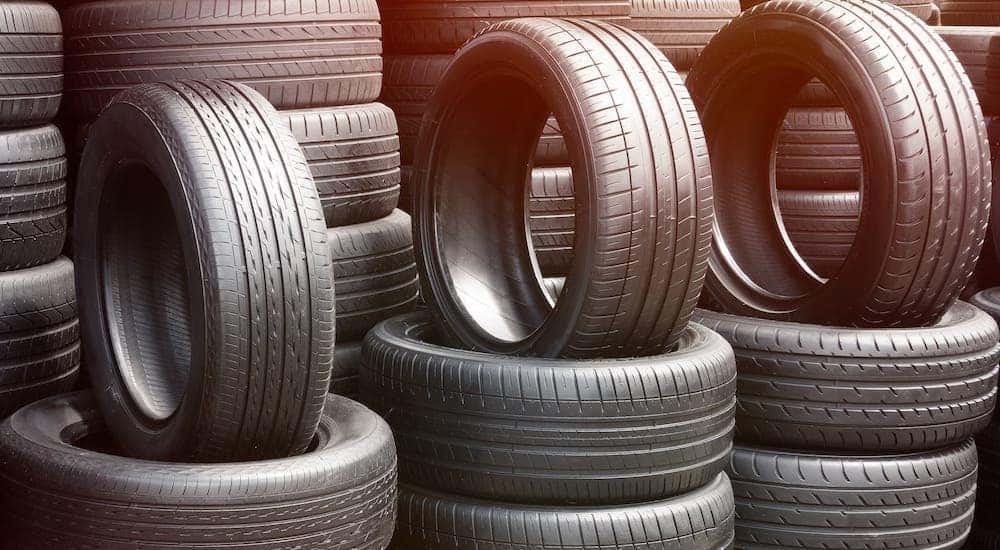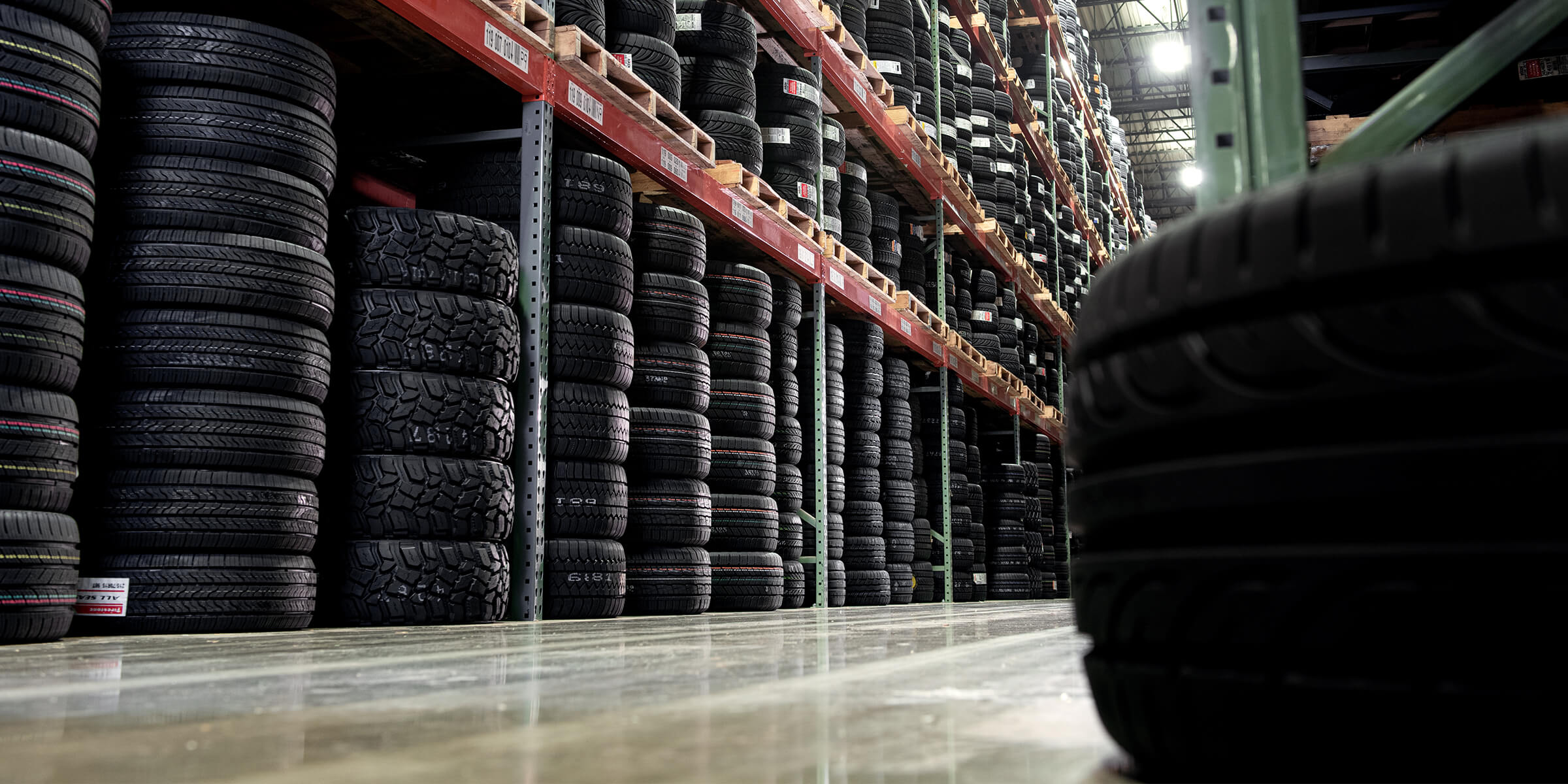Tire Service: Comprehending Tire Pressure Tracking Systems
Comprehending Tire Stress Tracking Equipments (TPMS) is a critical aspect of keeping optimal car efficiency and safety when traveling. With developments in auto innovation, TPMS has actually ended up being a common attribute in contemporary lorries, giving real-time information on tire stress degrees. Digging deeper into the intricacies of TPMS, one can uncover the different elements that make up this system and the importance of each in making sure exact monitoring. From direct to indirect TPMS systems, the landscape of tire pressure surveillance varies, each with its special set of factors to consider and advantages. Keep tuned to unravel the complexities of TPMS, from maintenance suggestions to the indisputable advantages of keeping your tires appropriately blew up. morris tire and alignment.

Significance of TPMS
The relevance of Tire Stress Tracking Solutions (TPMS) depends on their ability to enhance vehicle safety and efficiency via real-time surveillance of tire pressure levels. Keeping the right tire pressure is essential for ensuring optimum handling, braking, and total security of a car. TPMS provides motorists with immediate responses on any type of overinflated or underinflated tires, permitting prompt modifications to be made.
Components of TPMS
Sensing units are usually located in the tire shutoff stem or connected to the wheel assembly, where they gauge tire stress and send data to the control component. Some progressed TPMS models also present the real tire stress analyses for each tire, supplying drivers with real-time info to make sure optimum tire efficiency and safety and security. By keeping an eye on tire pressure continuously, TPMS assists stop accidents, minimizes tire wear, and boosts gas performance, making it a vital component for lorry safety and efficiency. mopar tire service specials.
Kinds of TPMS

On the other hand, indirect TPMS counts on the lorry's wheel speed sensors to monitor tire stress. This system detects underinflation by comparing the rotational speeds of the wheels. Indirect TPMS is much less expensive than straight TPMS, as it uses existing sensing units within the vehicle.
While direct TPMS uses more precise readings, indirect TPMS is easier in design and commonly needs less upkeep. More Bonuses Both systems have their limitations and advantages, and the choice in between them often depends on factors such more information as cost, lorry make, and individual choice. Recognizing the distinctions in between these 2 sorts of TPMS can assist car owners make notified choices relating to tire upkeep and security.
TPMS Maintenance Tips
Conduct regular checks on the tire stress levels and compare them with the TPMS readings to guarantee they are constant. Throughout tire rotation or replacement, make sure that the TPMS parts are handled very carefully to prevent any potential damages. If the TPMS alerting light illuminates on the control panel, address the concern without delay by inspecting the tire pressures and the total system for any type of mistakes.
Advantages of Proper Tire Pressure
Keeping appropriate tire pressure, as stressed in TPMS Maintenance Tips, is vital for gaining the numerous benefits linked with optimum tire stress degrees. Furthermore, correct tire stress ensures even tire wear, extending the lifespan of the tires and advertising more secure driving problems. In verdict, the benefits of correct tire pressure go beyond just tire durability; they incorporate improved fuel effectiveness, boosted safety, better car efficiency, and total driving convenience.
Conclusion
Finally, comprehending tire stress tracking systems (TPMS) is vital for maintaining ideal tire pressure and making sure vehicle visit safety and security. By acknowledging the significance of TPMS, recognizing with its parts, recognizing the different kinds available, sticking to proper upkeep suggestions, and understanding the advantages of maintaining appropriate tire stress, drivers can enhance their driving experience and lengthen the life-span of their tires. Proper tire stress is key to efficient and risk-free car operation.
